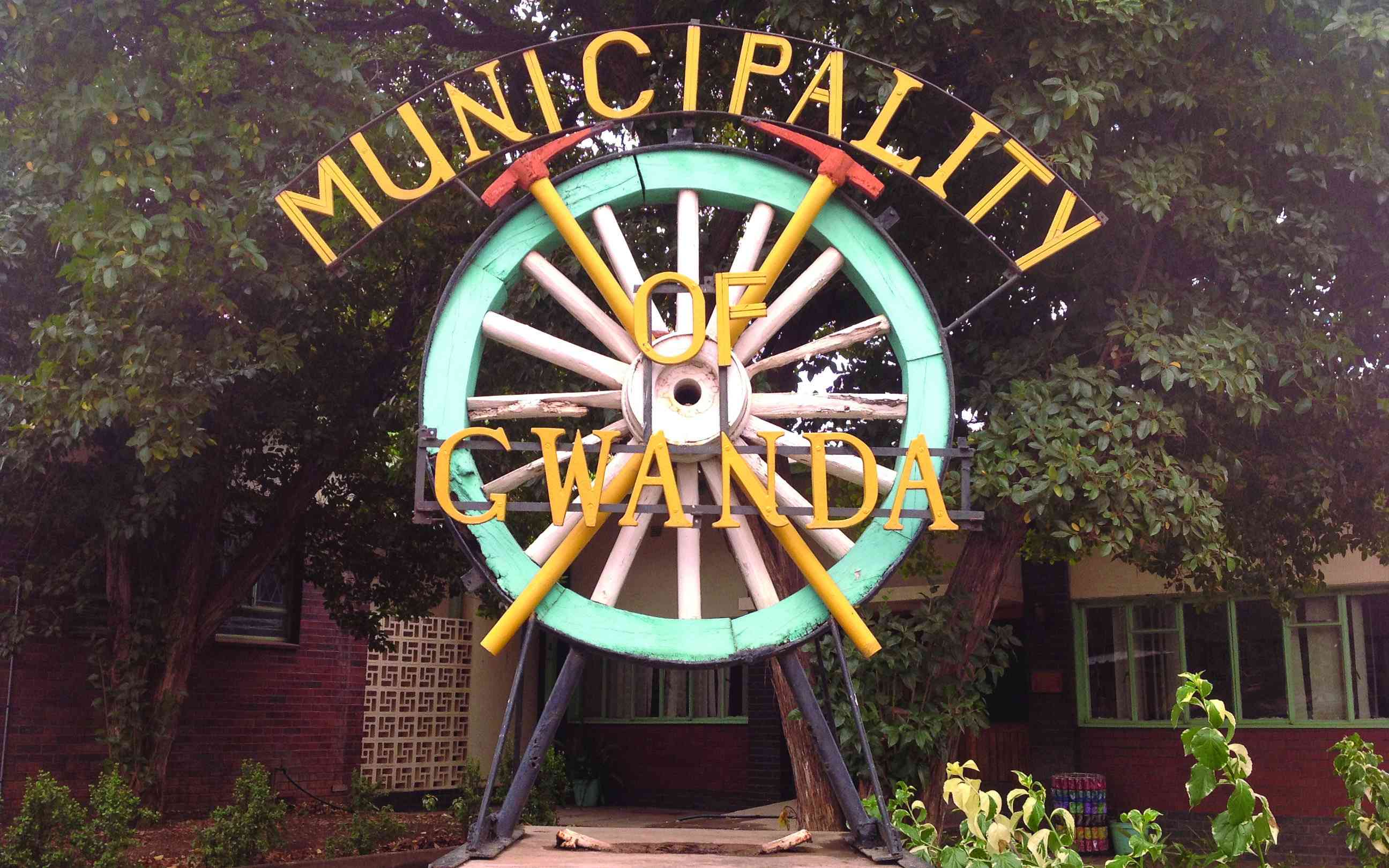
BY NOBUHLE MAPLANKA Key and vulnerable populations have bemoaned lack of sexual and reproductive health services particularly in outlying areas amid growing concerns over lack of knowledge for both service providers and those that would want to access the service.
Deliberations during a recent sexual reproductive health rights for least served populations meeting highlighted the gaps in accessing sexual and reproductive health services for the least served populations who include people who use and inject drugs, lesbian, gay, bisexual, trans and gender diverse, intersex and queer (LGBTIQ) communities as well as sex workers, among others.
Zimbabwe Civil Liberties and Drug Network (ZCLDN) hosted the workshop, which among other issues saw participants sharing and strengthening advocacy strategies towards promoting sexual and reproductive health rights for the least served populations.
“Sexual and reproductive health services for the least served populations is limited and only found in city centres,” Bee Polan Chihera, an intersex rights activist.
“There is minimum health service package forthe least served populations and hormonal therapy should be available for these people.”
Chihera said there were no condoms for intersex people and no research has been done to ascertain if the condoms are usable.
There is need to ensure access to non-discriminatory health services for intersex people by raising awareness among providers, Chihera added.
The deliberations also noted the need to come up with harm reduction interventions programmes while at the same time intensifying engagements with policy makers to influence change of policies that embrace the rights of the least served populations.
- Chamisa under fire over US$120K donation
- Mavhunga puts DeMbare into Chibuku quarterfinals
- Pension funds bet on Cabora Bassa oilfields
- Councils defy govt fire tender directive
Keep Reading
Trans Smart Trust programmes coordinator Edith Mukarati said stigma and discrimination has had a negative impact on the wellbeing of key and vulnerable populations.
“Key and vulnerable populations face stigma and discrimination when accessing public health services and facilities,” said Mukarati.
“Health personnel is not responsive to key and vulnerable populations, including people who use and inject drugs.
“Syringes are not available for people who use and inject drugs, so there is need to come up with needle and syringe programmes to prevent people who inject drugs from getting blood-borne viruses such as HIV and Aids, hepatitis C and hepatitis B.”
Mukarati said apart from lack of sexual transmitted infection (STI) screening services for people who use and inject drugs, there is need to make available information on STIs to key and vulnerable populations.
Onward Gibson Chironda, representing Community Driven Health Interventions for KPs in Zimbabwe – a consortium of key population groups – said some CSOs were providing key population-friendly health services in the form of mobile clinics.
He said in Harare, key and vulnerable populations can access health services at Wilkins and Pangaea Zimbabwe Aids Trust supported clinics dotted across the capital.
ZCLDN projects executive director Wilson Box bemoaned the snail-like pace in addressing the challenges faced by key and vulnerable populations with regards to accessing sexual and reproductive health services.
ZCLDN works to promote drug policy reform, drug use harm reduction, public health, and policies that are grounded in human rights and scientific evidence.
The organisation seeks to strengthen advocacy strategies on Sexual and Reproductive Health Rights of the least served populations in Zimbabwe.









